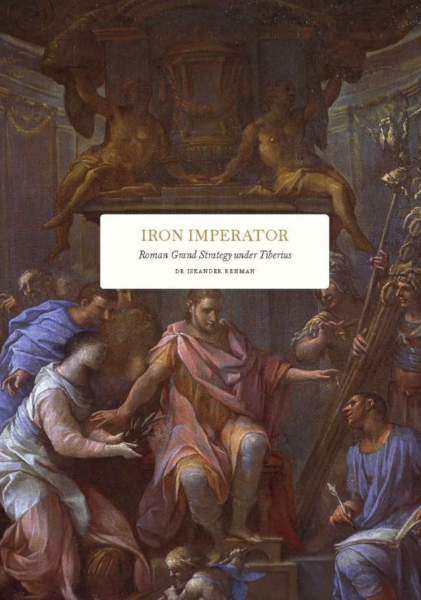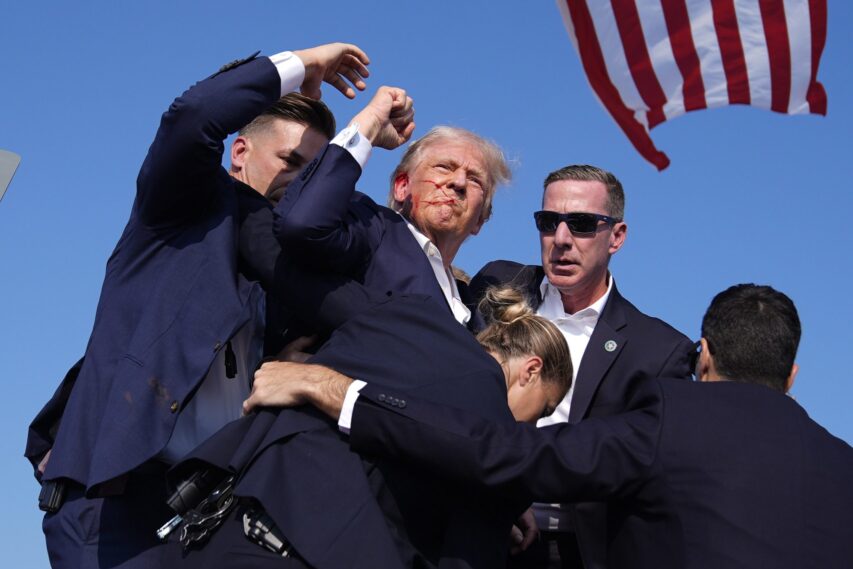 Well, perhaps you say, that is a bit simplistic; what if we go on a strategic defensive – adopting a strategy of attrition? Note we are fairly far now from the idea that the easy solution to trench warfare was “don’t attack”, but this is the first time we reach what appears on its face to be a workable strategy: accept that this is a pure war of attrition and thus attempt to win the attrition.
Well, perhaps you say, that is a bit simplistic; what if we go on a strategic defensive – adopting a strategy of attrition? Note we are fairly far now from the idea that the easy solution to trench warfare was “don’t attack”, but this is the first time we reach what appears on its face to be a workable strategy: accept that this is a pure war of attrition and thus attempt to win the attrition.
And here is where I, the frustrated historian, let out the primal cry: “They did that! Those ‘idiot’ generals you were bashing on a moment ago did exactly this thing, they did it in 1916 and it didn’t work.”
As Robert Doughty (op. cit.) notes quite effectively, after the desperate search in 1915 for ways either around the trench stalemate or through it (either way trying to restore a war of maneuver), Joseph Joffre, French chief of the army staff, settled on a strategic plan coordinating British, Italian, French and Russian actions designed around a strategy of “rupture” by which what was meant was that if all of the allies focused on attrition in each of their various theaters, eventually one theater would break for lack of resources (that’s the rupture). He was pretty damn explicit about this, writing about the war as a “struggle of attrition” in May, 1915 and setting a plan of action in December of 1915 to “do everything they can to attrit the adversary”.
Joffre’s plan did not go perfectly (the German offensive at Verdun upset the time-tables) but it did, in fact mean lower French losses in 1916 than in 1915 or 1914 and more severe German losses. Meanwhile, the German commander, Erich von Falkenhayn would at least subsequently claim to have been trying to do the same thing: achieve favorable casualty ratios in a war of attrition, with his set piece being the Battle of Verdun, designed to draw the French into bloody and useless repeated counter-attacks on ground that favored the Germans (there remains a lot of argument and uncertainty as to if that attritional strategy was the original plan, or merely Falkenhayn’s excuse for the failure to achieve meaningful strategic objectives at Verdun). In the end, the Verdun strategy, if that was the strategy, failed because while the Germans could get their favorable ratio on the attack, it slipped away from them in the inevitable French counter-attacks.
But as Clausewitz reminds us (drink!) will – both political and popular – is a factor in war too (indeed, it is one of the factors as part of the Clausewitzian trinity!). Both Joffre and Falkenhayn had to an extent seen that the war was going to run until one side ran out of soldiers and material and aimed to win that long, gruelling war; for which they were both promptly fired! The solution to the war which said that all one needed to do was sacrifice a few more million soldiers and wait 2, or perhaps 3 or maybe even 4 more years for the enemy to run out first was unacceptable to either the political leaders or the public. 1917 came around and both sides entrusted the war to generals who claimed to be able to produce victories faster than that: to Robert Nivelle and Erich Ludendorff, with their plans of bold offensives.
And to be clear, from a pure perspective of “how do we win the war” that political calculation is not entirely wrong. Going to the public, asking them to send their sons to fight, to endure more rationing, more shortages, more long casualty lists with the explanation that you had no plans to win the war beyond running Germany out of sons slightly faster than you ran France out of sons would have led to the collapse of public morale (and subsequent defeat). Telling your army that would hardly be good for their morale either (the French army would mutiny in 1917 in any event). Remember that in each battle, casualties were high on both sides so there was no avoiding that adopting an attrition strategy towards the enemy meant also accepting that same attrition on your own troops.
And, as we’ve discussed endlessly, morale matters in war! “Wait for the British blockade to win the war by starving millions of central Europeans to death” was probably, in a cold calculus, the best strategy (after the true winning strategy of “don’t have a World War I”), but it was also, from a political perspective, an unworkable one. And a strategy which is the best except for being politically unworkable is not the best because generals must operate in the real world, not in a war game where they may cheerfully disregard questions of will. In short, both sides attempted a strategy of pure attrition on the Western Front and in both cases, the strategy exhausted political will years before it could have borne fruit.
And so none of these easy solutions work; in most cases (except for “recruit a lost Greek demi-god”) they were actually tried and failed either due to the dynamics (or perhaps, more truthfully, the statics) of trench warfare or because they proved impossible implement from a morale-and-politics perspective, violating the fundamental human need to see an end to the war that didn’t involve getting nearly everyone killed first.
Bret Devereaux, “Collections: No Man’s Land, Part I: The Trench Stalemate”, A Collection of Unmitigated Pedantry, 2021-09-17.






